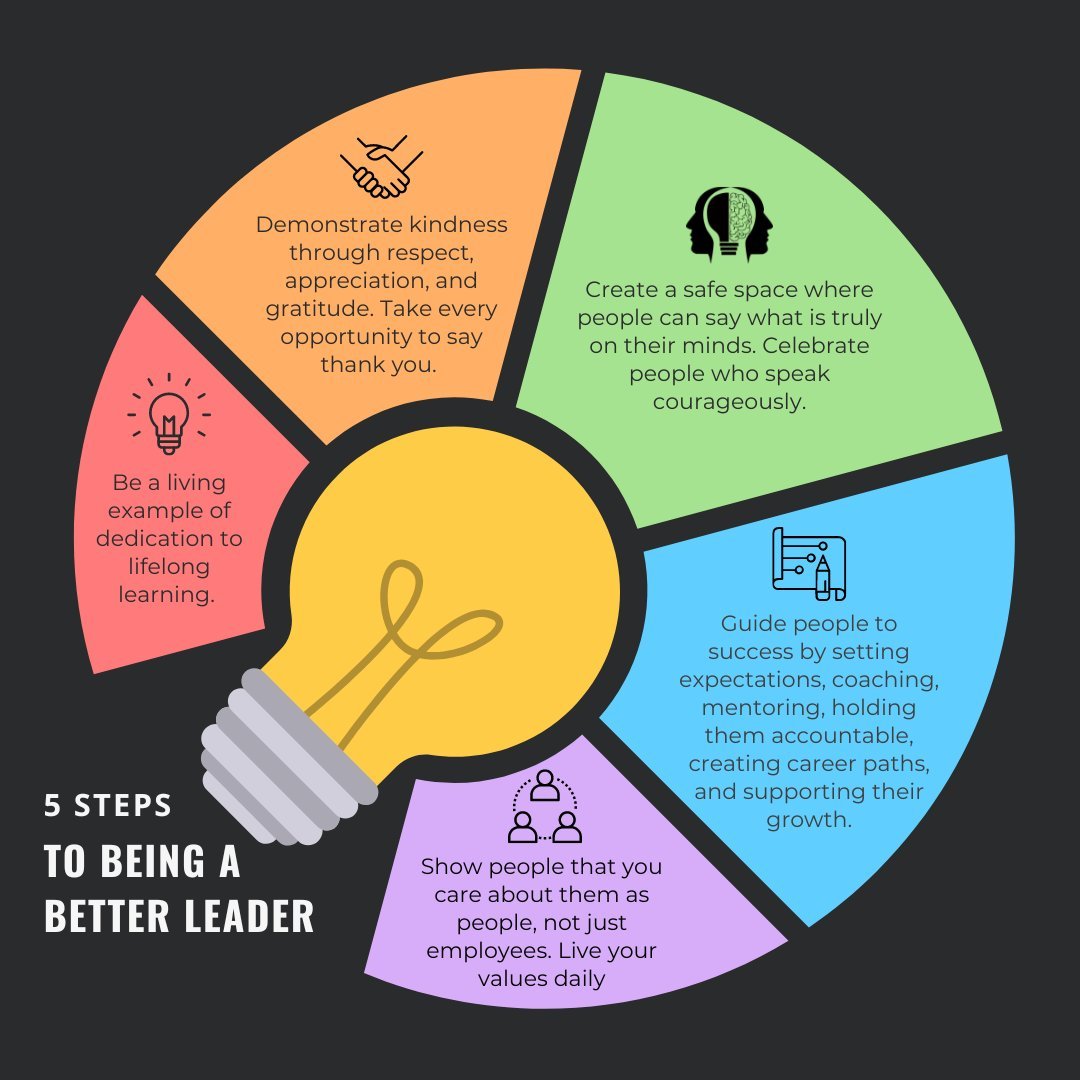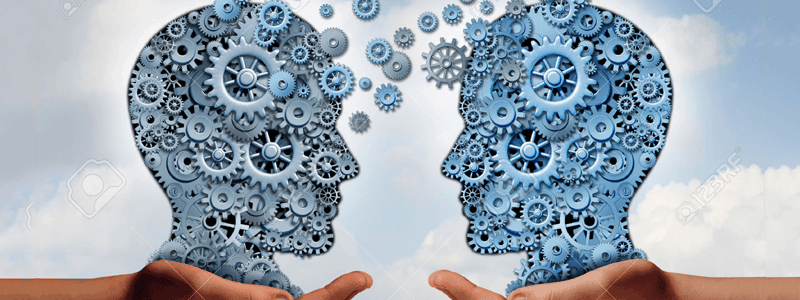How do you tell the right story to the right people?
The best way to learn marketing is to do marketing, and you can do marketing in lots and lots of different ways. This is because you don’t need a budget anymore as marketing is not advertising. This is the decade of change, and we must figure out the narratives that we want to tell to bring connection and possibility to people. It’s a fact that making people feel bad for drinking water out of plastic bottles isn’t going to solve the environmental crisis. I think we must weave things together to make things better, not just to make profit because we can’t shrink ourselves to greatness. Why are people not shouting from the rooftops that solar power is cheaper than coal?





















